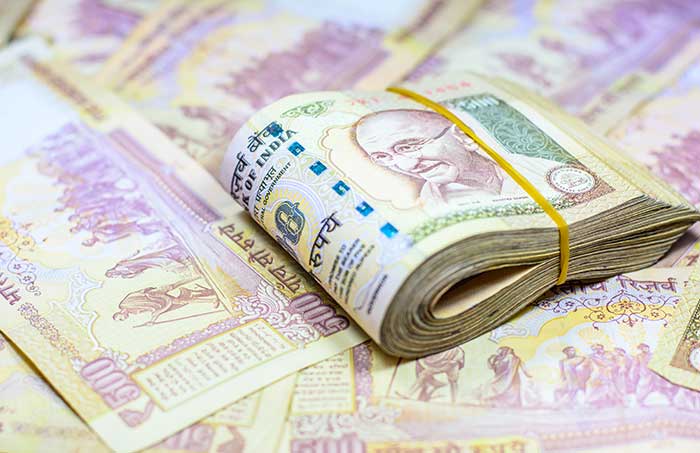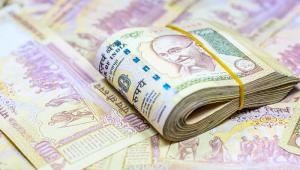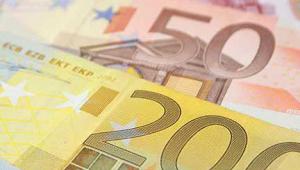The measures, announced by finance minister Arun Jaitley as he presented India’s 2017 budget today, mark the government’s latest attempts to boost revenue collection in a country where just 1% of the population are estimated to pay tax.
“We are a largely non-tax compliant society,” Jaitley said in his budget speech to parliament. “The predominance of cash in the economy makes it possible for people to evade their taxes.
“When too many people evade taxes, the burden of their share falls on those who are honest and compliant.”
Jaitley announced that the government is preparing to update the country’s law so that no cash transactions above 300,000 rupees (around $4,500) will be permitted. The move is based on proposals from a taskforce set up to investigate undocumented wealth in the country, known as black money.
The measure is designed to promote digital transactions in an economy largely run on cash, which facilitates the tax evasion and corruption that prime minister Narendra Modi has set his sights on eliminating.
In his most notorious [notable?] attack on elicit cash so far, Modi rapidly, and haphazardly, pulled two of the country’s common and highest denomination notes from circulation, sending the economy into disarray.
The government admitted on Tuesday that this has had an adverse impact, but Jaitley defended it in his speech as a “bold and decisive measure”.
His budget, however, did contain a number of sweeteners for those hit hardest by the sudden demonetisation, namely the rural poor.
Included in the suite of giveaways were new funds for rural infrastructure, increased access to credit, and a pledge to double farmers’ incomes within the next five years.
It was also announced that those whose annual earnings fell within the lowest tax band (250,000 – 500,000 rupees per year) would see their income tax halved, from 10% to 5%.
To balance the impact on revenues, Jaitley announced an additional 10% surcharge for higher earners bringing in between 500,000 and 1 million rupees per year.














